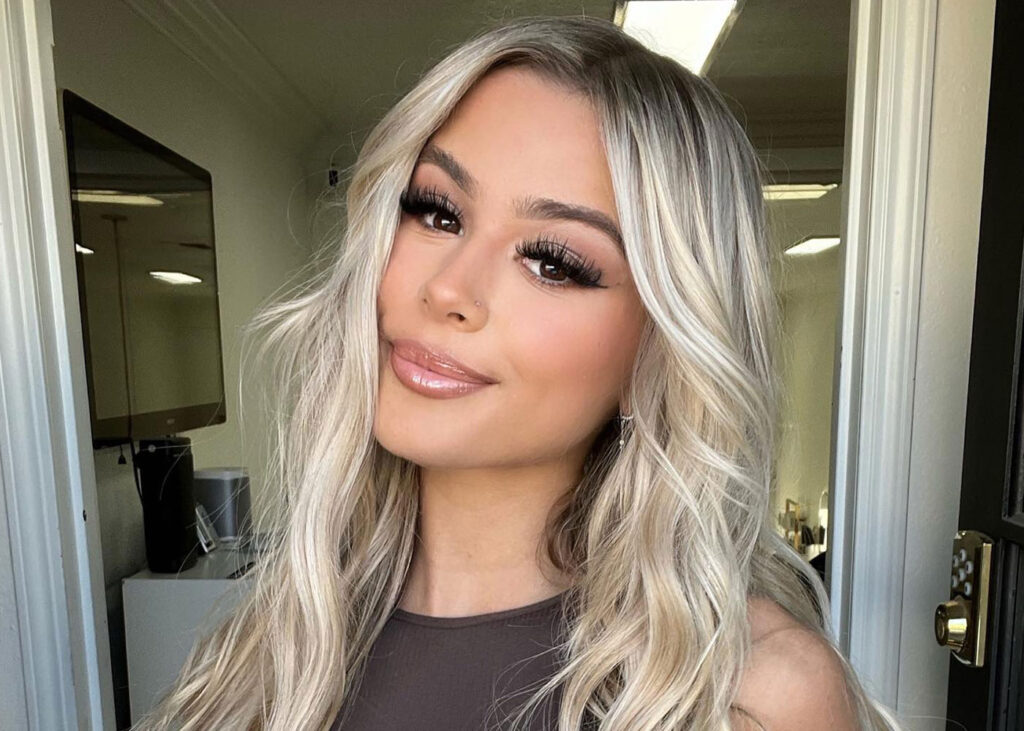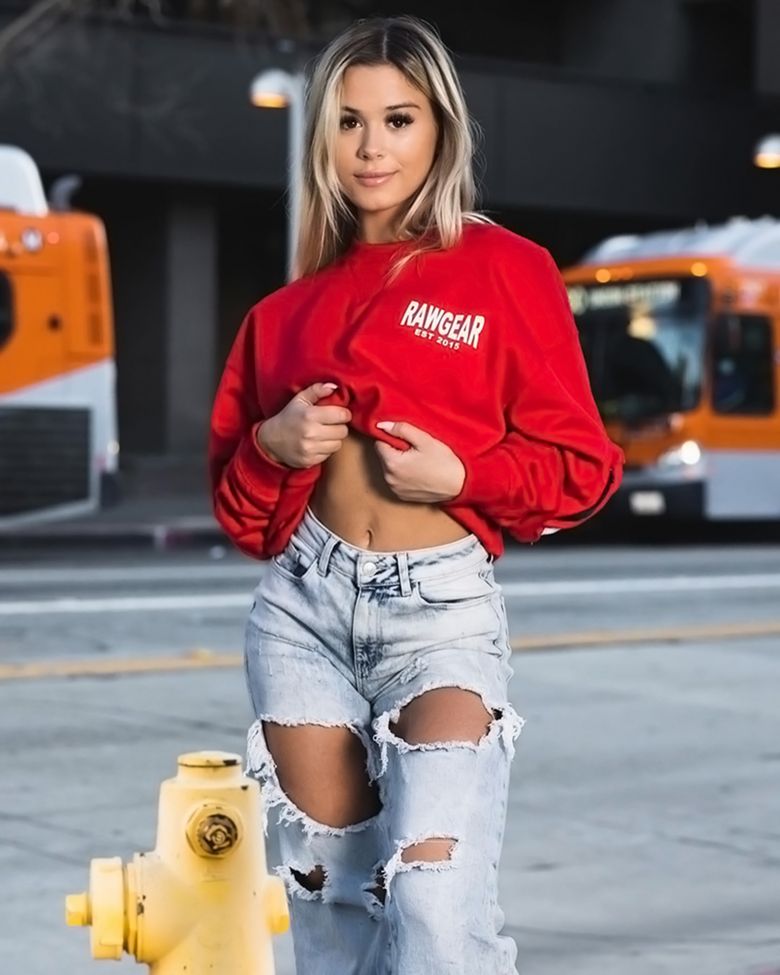Noelle Leyva's OnlyFans Journey And Content
Has the line between online persona and genuine authenticity blurred in the age of social media influencers? The meteoric rise of figures like Noelle Leyva underscores the transformative power of platforms like OnlyFans, raising questions about the nature of fame, the commodification of personal lives, and the evolving relationship between creators and their audiences.
Noelle Leyva's journey to online prominence is a story intertwined with the rise of digital content creation and the increasing prevalence of platforms like OnlyFans. While her early online presence remains somewhat shrouded in mystery, her trajectory changed dramatically with the growth of her OnlyFans following. This begs the question: is OnlyFans a catalyst for genuine connection or simply a transactional space where content is king? The platform itself boasts of "revolutionizing creator and fan connections," but the reality is far more nuanced. For Leyva, OnlyFans became a primary source of income, supplementing her earnings from sponsorships and brand promotions. This reflects a broader trend in the influencer landscape, where creators are increasingly turning to subscription-based models to monetize their content and cultivate a dedicated fanbase.
| Name | Noelle Leyva |
| Occupation | Social Media Influencer, Model, OnlyFans Creator |
| Known For | Fitness and lifestyle content, online presence, OnlyFans |
| Early Career | Details Limited, Initial following gained through platforms like YouTube and TikTok |
| OnlyFans Content | Primarily fitness and lifestyle oriented, including workout routines, diet tips, motivational messages, personal insights, travel, and fashion |
| Other Income Sources | Sponsorships, paid promotions |
| Reference | Example Website (Replace with an actual reference) |
The narrative surrounding Leyva is complex. Some claim she gained initial traction through collaborations with another content creator, "Bradley," on platforms like YouTube and TikTok. This raises questions about the symbiotic, and sometimes exploitative, nature of online collaborations. Did Leyvas association with Bradley propel her to a wider audience, or was she simply another face in the ever-churning content mill? Its a question that highlights the delicate balance between collaboration and co-option in the digital space.
The discussion around Leyva inevitably delves into the murky waters of leaked content and the ethical implications of sharing private material. Online forums and chat groups, including Telegram and Discord servers, buzz with whispers of leaked OnlyFans content, highlighting the vulnerability of creators in an environment where digital boundaries are easily breached. Stories of scams and the illicit trade of leaked material further underscore the darker side of the online content ecosystem. One user recounted a four-month ordeal trying to report a scam to OnlyFans customer service, highlighting the platforms often inadequate response to such issues.
Beyond the controversies, Leyvas OnlyFans content purportedly focuses on fitness and lifestyle. This begs the question: is this a genuine passion or a carefully curated persona designed to appeal to a specific demographic? The platforms algorithm rewards engagement, often incentivizing creators to produce content that caters to popular trends and fetishes. The proliferation of terms like female vacuum and male physique vacuums in online discussions related to Leyvas content suggests a targeted audience and raises questions about the performative nature of online identity.
Leyvas story is not unique. Its a microcosm of the broader influencer landscape, reflecting both the opportunities and the pitfalls of building a career in the digital age. Its a story about ambition, the pursuit of online fame, and the challenges of navigating a rapidly evolving digital landscape. While some celebrate the democratizing power of platforms like OnlyFans, others caution against the commodification of self and the potential for exploitation. As the lines between public and private continue to blur, Leyva's trajectory serves as a cautionary tale and a compelling case study in the complexities of online fame.
The prevalence of communities like "jerkofftoceleb" with hundreds of thousands of subscribers further complicates the narrative. These communities, dedicated to sharing explicit images of celebrities and influencers, often operate in a legal and ethical gray area. The existence of such groups underscores the pervasive nature of online objectification and raises serious questions about consent, privacy, and the responsibility of platforms to protect their users. The fact that these communities thrive despite repeated attempts to shut them down speaks to the challenges of regulating online content and the persistent demand for access to private material.
The debate surrounding Noelle Leyva and her online presence is far from over. Its a conversation that touches upon issues of agency, authenticity, and the evolving nature of fame in the digital age. As social media continues to reshape our understanding of identity and connection, Leyva's story serves as a stark reminder of the complexities and contradictions inherent in the pursuit of online influence.


